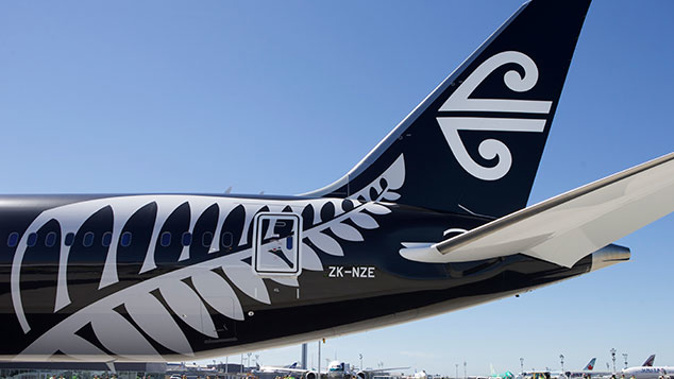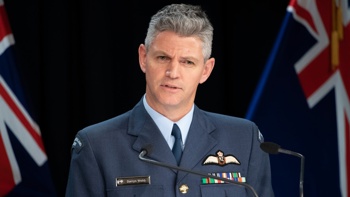
Air New Zealand expects to trim forecast losses by around $50 million this financial year as travel rebounds strongly.
The airline earlier this year said it was heading for a full-year loss before other significant items and taxation "of less than $800 million". In early May it said the result could be better than forecast and today said it now expects its full-year result to be a loss of less than $750m.
"The airline continues to see strong passenger booking activity on short-haul and international services following the opening of the New Zealand border. Domestic demand has also improved in recent weeks with business-related demand returning to approximately 90 per cent of pre-Covid levels," it said in an NZX statement.
There is potential for conditions to deteriorate again.
"The airline remains mindful that the macroeconomic environment continues to be uncertain with disruptions caused by the impact of Covid variants, continued travel restrictions in some markets, and the ongoing conflict in Ukraine contributing to high jet fuel prices," it said.
Harbour Asset Management portfolio manager Shane Solly said: "Their revenue number have been positive. It was a good update.''
The airline was seeing good demand, driving better activity.
"But there is obviously a bit of a headwind for them in terms of higher fuel prices."
High fuel prices are hitting all airlines, with oil at a three-month high this week.
The impact of fuel price rises is close to $200 billion across the industry and it now represents a much higher proportion of costs than it was pre-pandemic - as high as 50 per cent for low-cost carriers.
Labour costs have also risen sharply as airlines, airports and their suppliers compete to rehire staff in the face of surging demand. A shortage of staff has led to flight cancellations by airlines and congestion at airports around the globe, and when combined with other factors such as bad weather and infrastructure maintenance, chaos has resulted.
But airlines are enjoying strong demand around the world as leisure travellers are returning in big numbers and are more inclined to pay for premium seats - where airline yields are highest.
Air New Zealand put up its base international fares by 5 per cent earlier this year in the face of higher fuel and labour costs and fares around the globe are up around 18 per cent this year, according to Mastercard.
A Stats NZ index shows domestic airfares have risen by 12 per cent from the first quarter of 2019 (before the pandemic) to the same period this year and international fares are up 50 per cent.
Air New Zealand shares were trading at 62c this morning.
Take your Radio, Podcasts and Music with you









